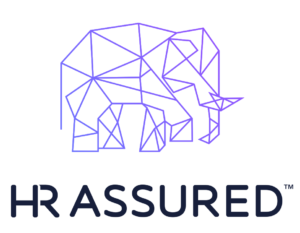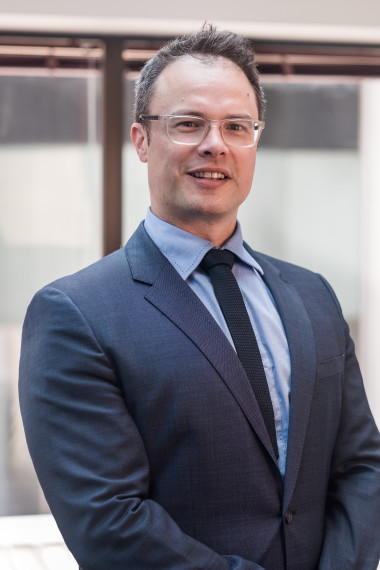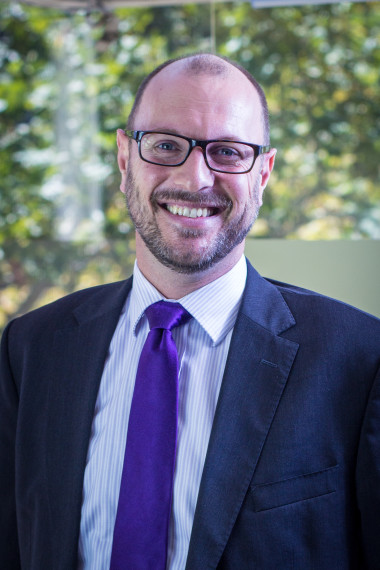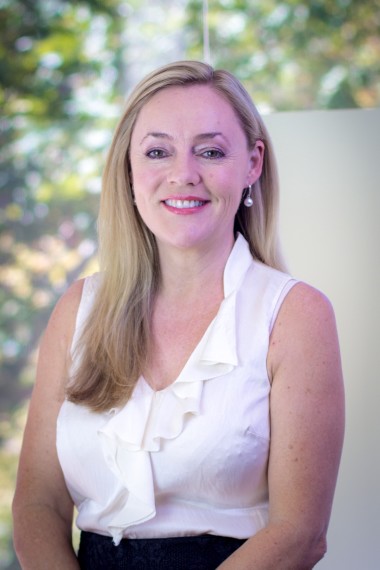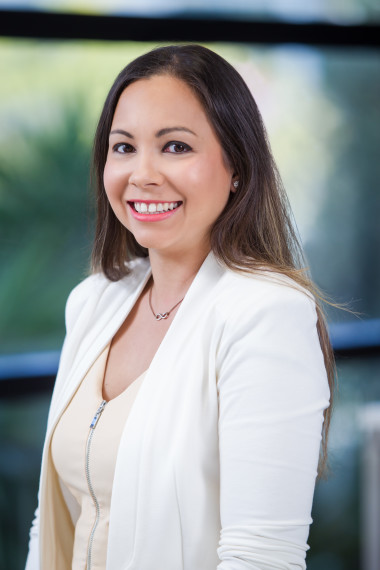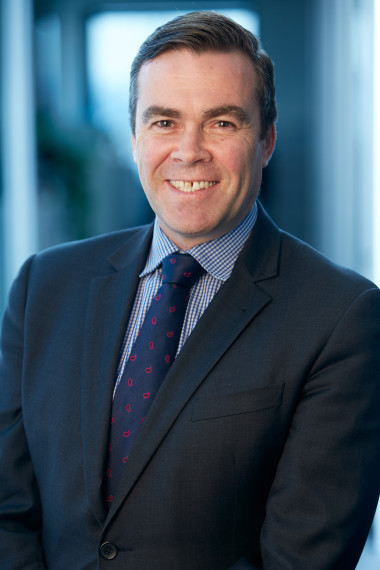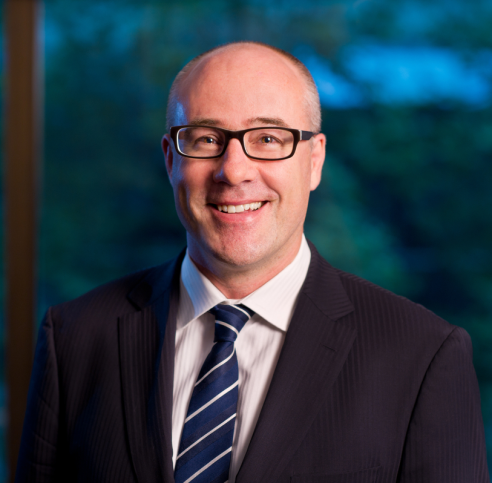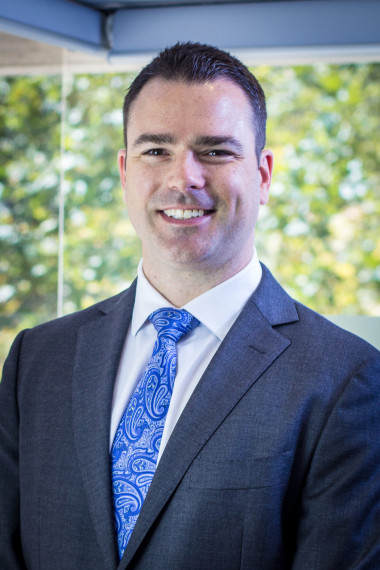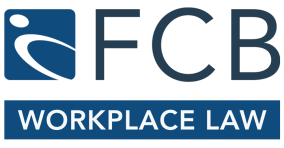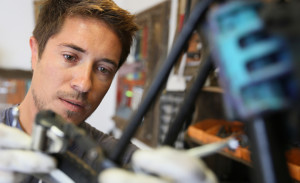Navigating change management and transformation with Flying Team member Lucas Delucyk
February 2, 2022A recent initiative born from the sparks of innovation and creativity wrought by the pandemic, FCB’s ‘Flying Team’ is formed from a rapidly growing handful of professionals in various fields which supplement FCB’s core offerings of workplace law, migration services, HR support and subscription-based software. We now offer services that complement the entire employee lifecycle and can offer a temporary and immediate solution when stretched HR teams are under pressure. From Senior HR professionals for that parental leave cover to governance specialists, data analysts to change management specialists, our Flying Team is available for any ad hoc or long-term support that our clients may need.
Bianca Seeto, Executive Manager, Professional Services and Partner at FCB Workplace Law, caught up with Flying Team member Lucas Delucyk to talk about one of his passions and his expert skills as a Change and Transformation Management Specialist.
1. Tell us a bit about yourself and why you love to sink your teeth into a good change management project?
For the last five years, I’ve been doing consulting work in change and transformation. Prior to that I was employed for three years at Woolworths in talent and leadership roles as well HR business partnering roles. Looking back even further, I was with Diageo for nearly 11 years in operations, sales marketing, HR and transformation roles.
I really enjoy unpacking how things work and how I can contribute to making them better. I love the dynamic environment that change creates and seeing the finished product go live.
2. According to a recent study by Gartner, the average company has undergone five organisational changes in the past three years alone. Unfortunately, half of them failed to implement these changes effectively, with a “clear success rate” of only 34 per cent.1 What would you say are the most critical steps that an organisation must incorporate into their change management process to ensure its effectiveness?
There are so many elements that can impact the change journey. Change is rarely linear: it’s very dynamic. There are some activities that hold true. It’s a little cliché, but accurate:
- Make executive alignment and leadership an organisational priority.
- Help team members appreciate the “why”.
- Assist team members to understand where you are, where you want to get to, and how you’re building a bridge between the two points.
- Communicate to the hopes and fears of the audience first. Only after they believe that you understand what it means for them will they hear the rest of your messages.
- If you are trustworthy, teams will go towards to the unknown and stay engaged for longer, and your change has a higher chance for success. The opposite is true if you are untrustworthy.
3. What is the change curve (concerning change acceptance) and what should organisations know about this before embarking on organisational change?
There are multiple versions of the change curve but all follow a similar trajectory from the initiation of change, where people are informed and begin developing a view of what it all means, right the way through to the other end of the spectrum, which is full commitment of team members to the change.
Team members will go through many emotions and experiences along the way, and the change curve is a framework for change experts and leaders to understand and implement the activities that enable team members to move through the different stages.
4. When and how often do you recommend organisations communicate with employees about the impending change throughout the change management process?
There’s a natural desire for leaders to communicate often to team members throughout the change process. I encourage this, but I also encourage talking to the hopes and fears of team members. More communication for the sake of communication adds to the “white noise” that pervades businesses during these interesting times. It erodes trust. Ensuring your messages are delivered by the right leaders at the right time and are talking to the right things means that such communication will be critical to success.
5. What are some actions organisations can take to ensure the change they’re making is embedded effectively?
A couple of simple activities organisations can engage in to give themselves a higher chance of a successful change include:
- Understand what “good” looks like and communicate that upfront. Team members need to know the destination.
- Have agreed milestones, and when they’re achieved, ensure the activities transition to business as usual and the project change team move to a warranty phase. The change needs to stand on its own.
- Reward and recognise the behaviours that enable a successful transition and embedding activities. What gets rewarded gets repeated.
6. What other tips can you offer organisations embarking on significant organisational change?
Offering tips can be fraught with danger because each organisation and change is different, so what I will share is a couple of principles that I believe to be true:
- You don’t ask your neighbour for tax advice; you ask an accountant. I would encourage businesses to do the same: ask a change expert for change advice and trust their skills and experience.
- Engage a change expert early.
- Don’t underestimate the time, cost and disruption that change creates in an organisation.
- If you’re not changing, you’re being left behind.
If you’re interested in joining FCB’s Flying Team or you have a project where you need an additional set of hands, please get in touch with Bianca Seeto who will be able to discuss your needs and align you with the right candidate in FCB’s team.
Lucas Delucyk is an employee of FCB and has over twenty-five-years of experience in a wide range of senior roles in the Retail, FMCG and Hospitality industries including roles in Human Resources, General and Operations Management, Commercial Sales and Supply Chain Management. Lucas has a unique blend of depth and breadth of experience and in the last 10 years has focussed on delivering Transformation and Business Performance through aligning leaders and teams on the desired behaviours that will enable the optimal business outcome and turning those strategies into an achievable plan.
